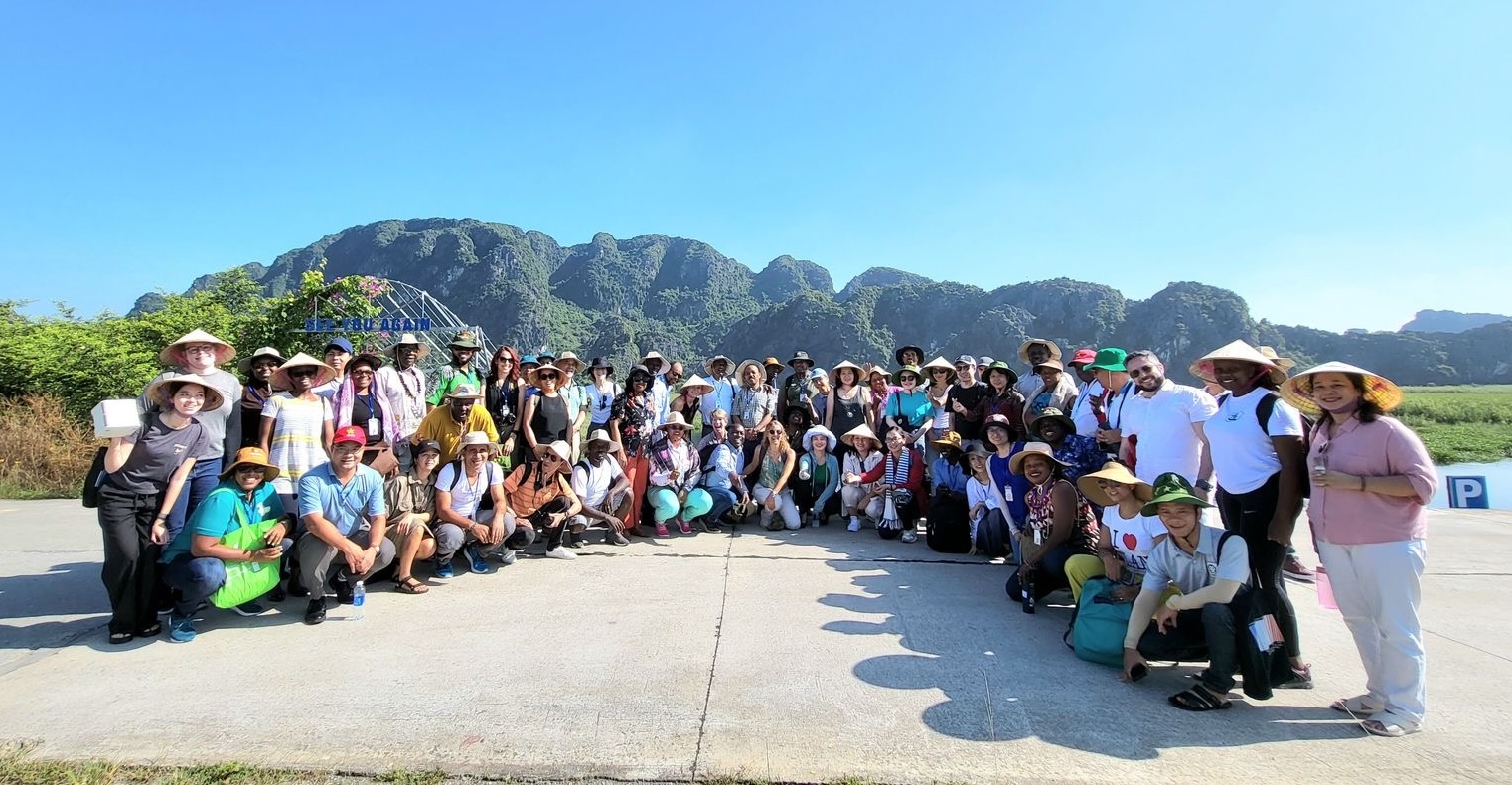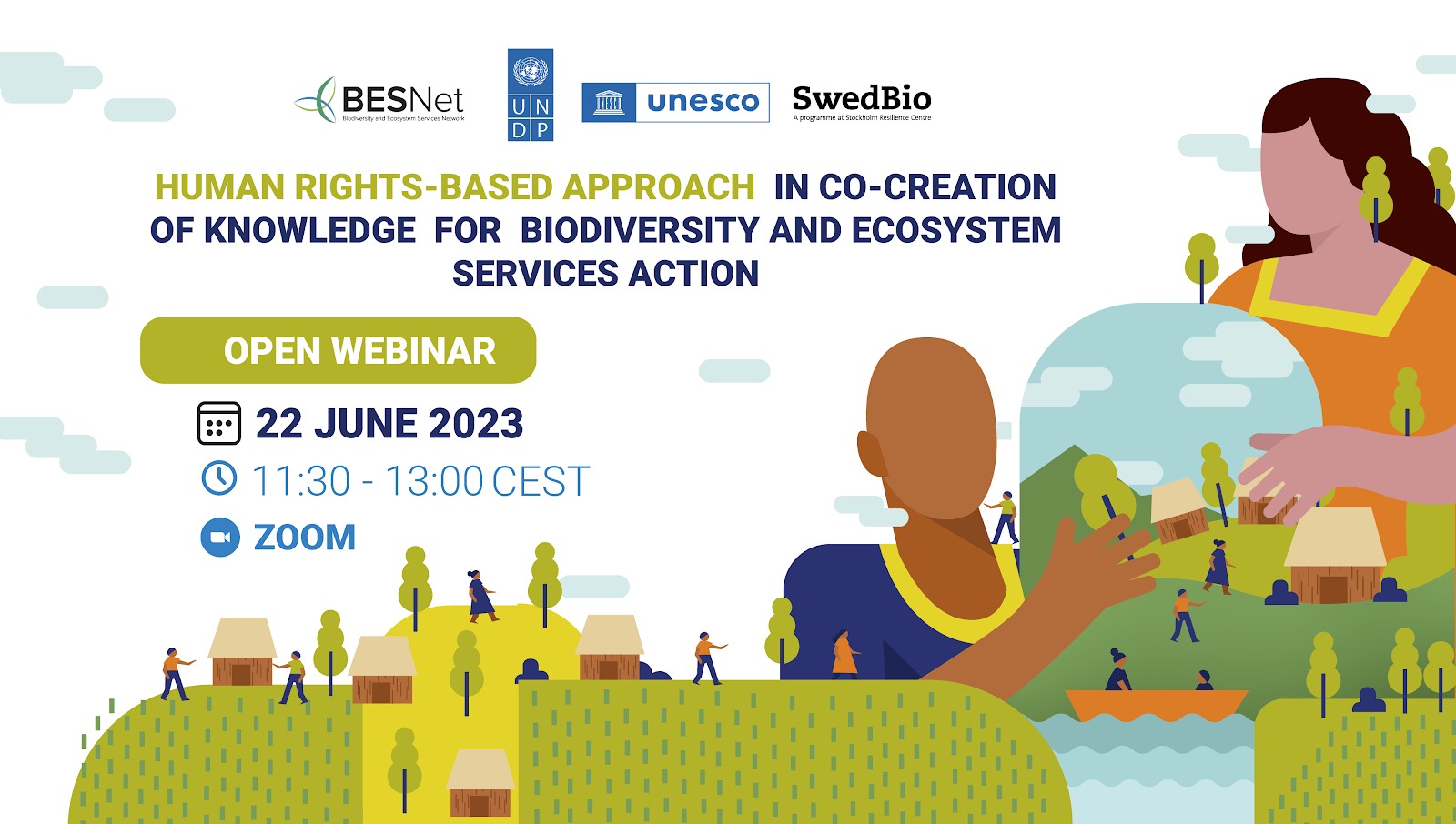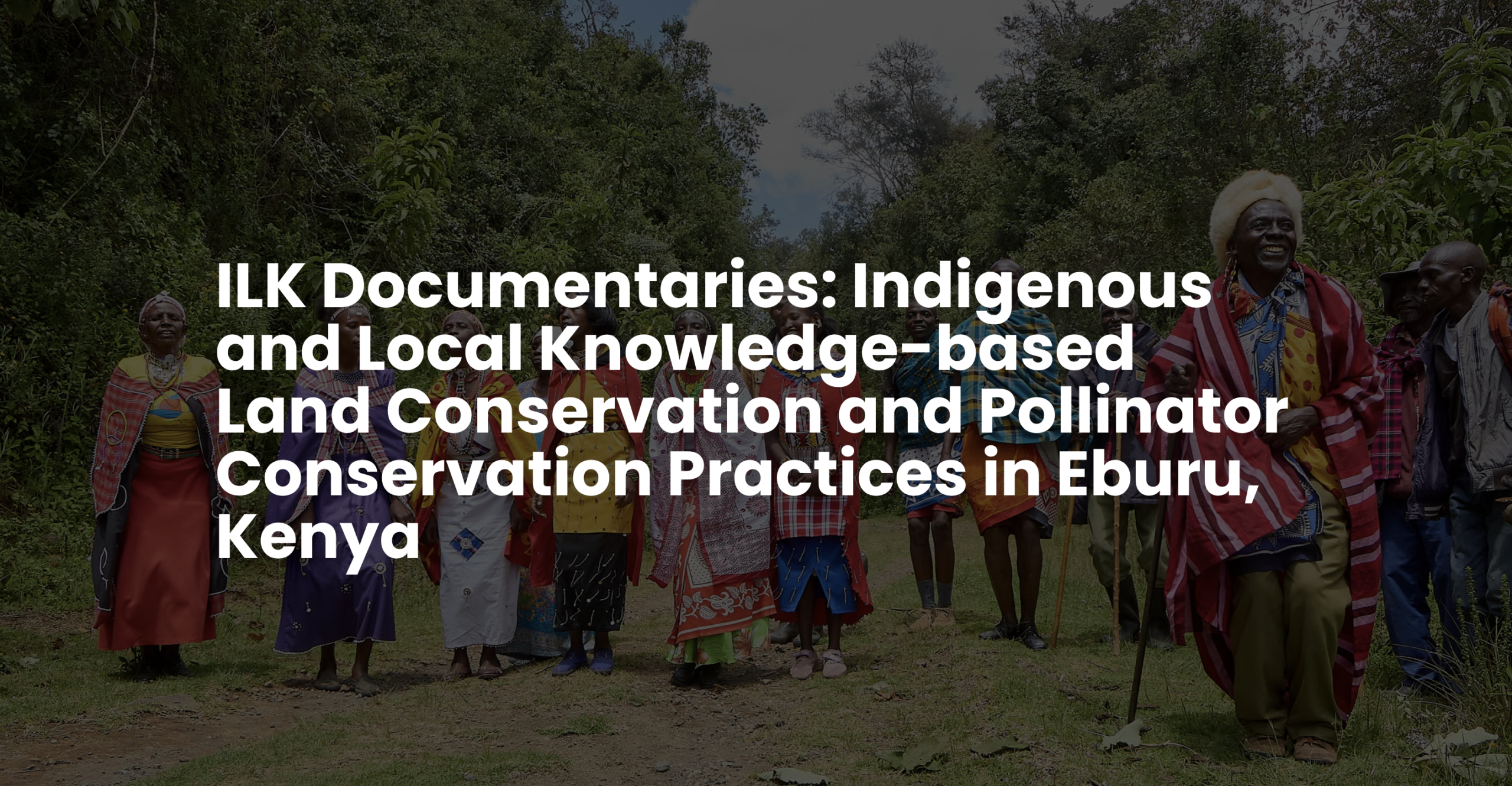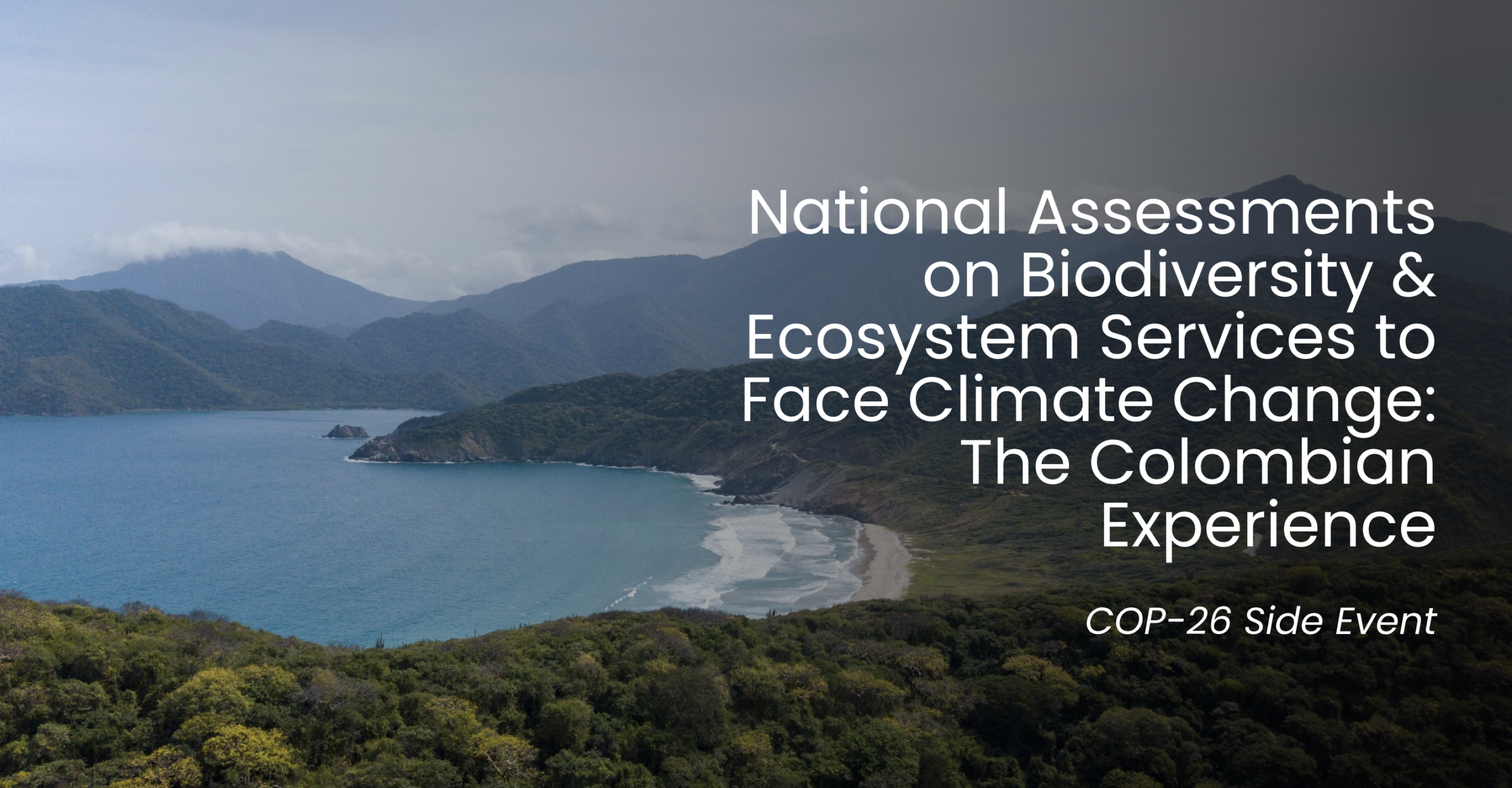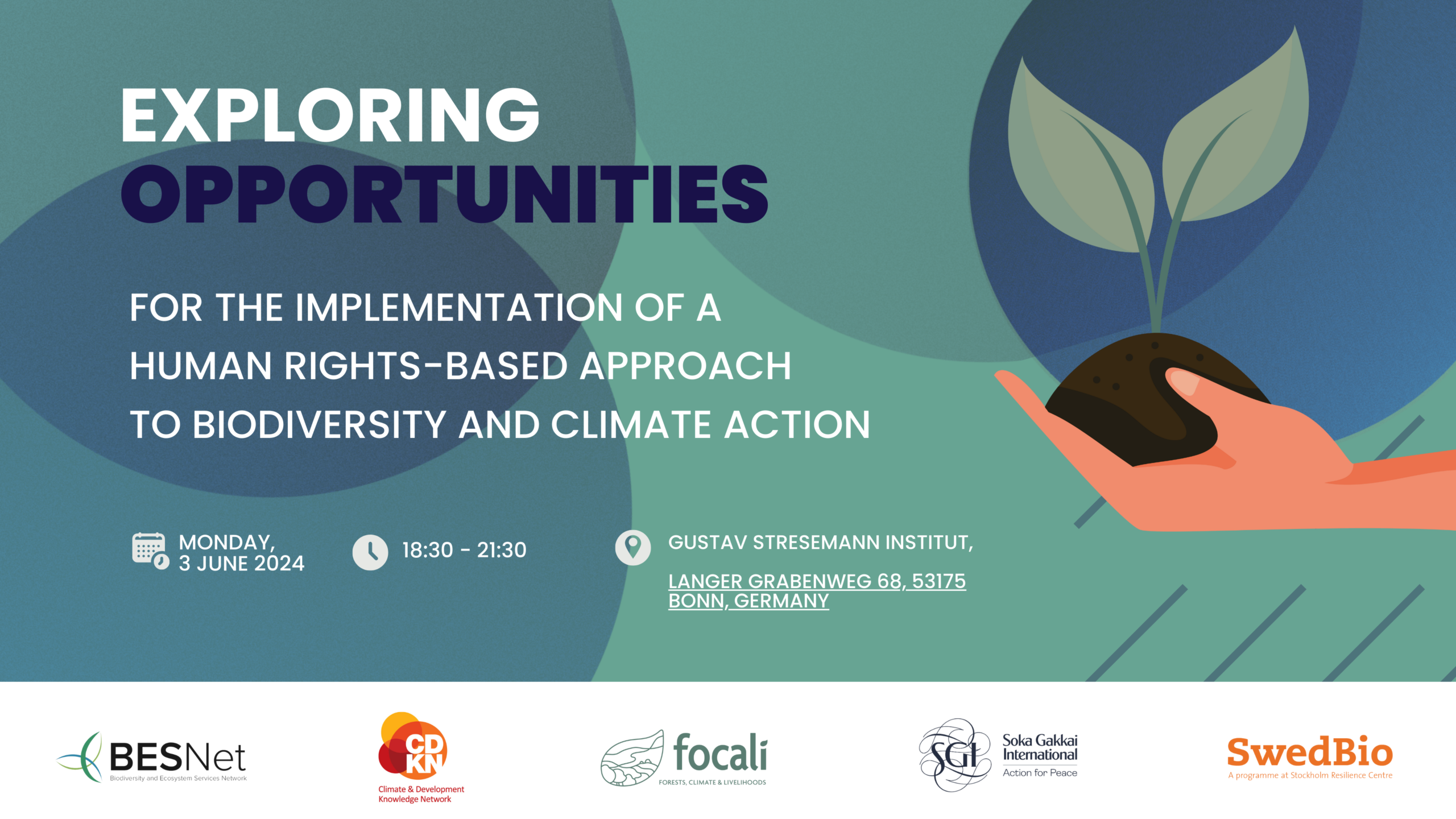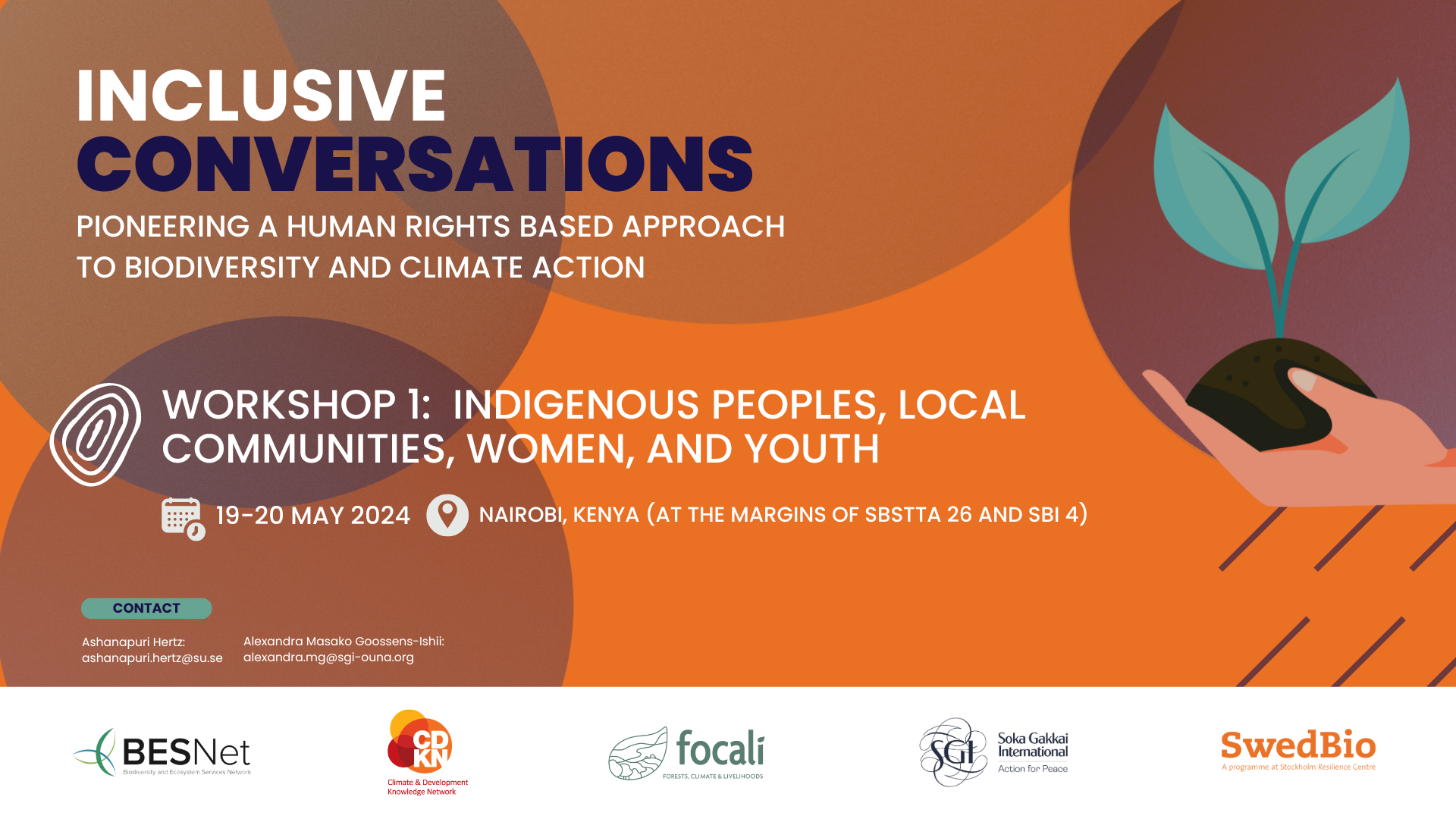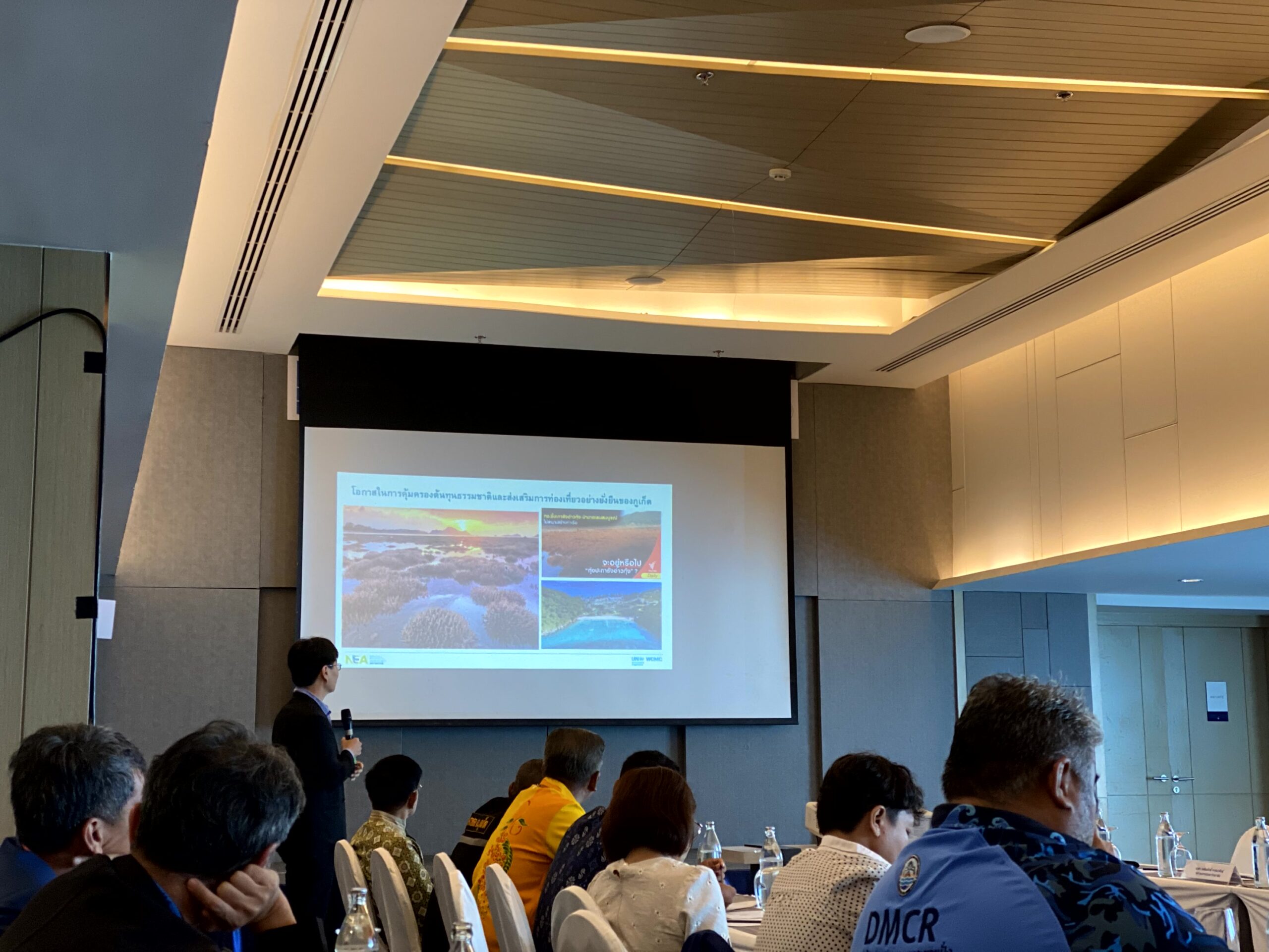On 31 May 2023 (10:30-12:30 BST, GMT+1), the United Nations Environmental Programme and the Institution of Civil Engineers (ICE) cordially invite you to Making infrastructure more sustainable: applying policy tools to create impact, an online event.
Sustainable and resilient infrastructure is central to achieving today’s shared global development objectives as outlined in the SDGs, the Paris Climate Agreement, and the new Kunming-Montreal Global Biodiversity Framework.
Well-functioning infrastructure across all sectors underpins human health and wellbeing, economic development, and societal and community resilience to shocks and disasters.
At the same time, the infrastructure that we’ve built and operate can have enormous negative environmental impacts, which will ultimately undermine development gains.
To better achieve service delivery with positive environmental outcomes, sustainability, and resilience must be integrated into the planning and delivery of infrastructure from the start. We must also find ways to strengthen the enabling environment.
This event will present the UN Environment Programme’s (UNEP) International Good Practice Principles for Sustainable Infrastructure and the Enabling Better Infrastructure (EBI) guidance, and showcase how government officials, practitioners, and civil society officials from Egypt, Ghana, and Pakistan have used such tools to integrate sustainability concerns into long-term infrastructure planning processes at the country and regional levels.
Keynote speakers will provide first-hand accounts of their approach to using available tools and what the benefits were, as well as the key lessons learned. This will help others to benefit from following similar approaches.
This event is appropriate for all stakeholders involved in national or regional infrastructure decision-making processes. The objective is to facilitate information exchange and peer-to-peer learning to build the knowledge base to strengthen infrastructure planning and governance in practice. This forms an essential step toward realising inclusive, innovative, and impactful infrastructure systems.

